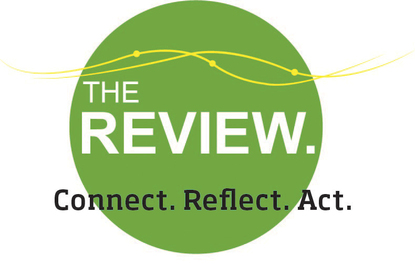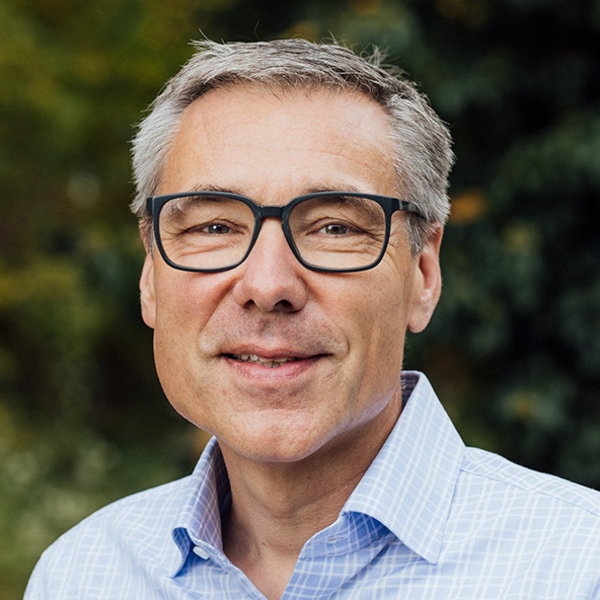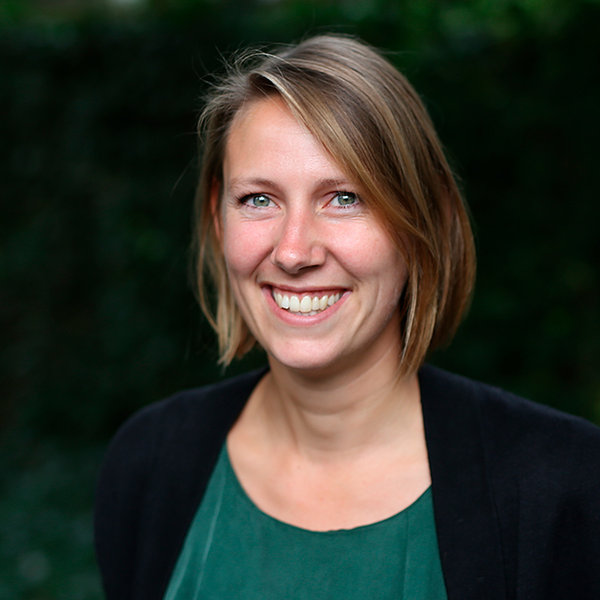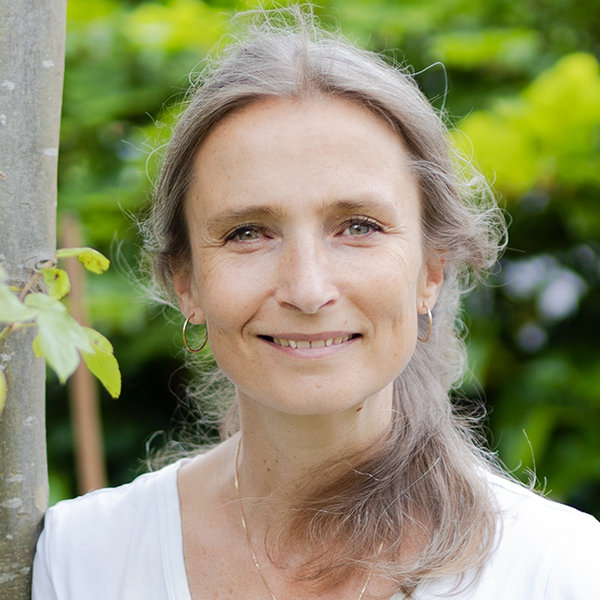
Diese Seite ist auf Deutsch nicht verfügbar. - lesen auf Englisch:
Organizations, and in particularly in development cooperation, experience the necessity to evaluate themselves and their functioning on a regular basis. This is often a passive process of being evaluated with not much surprising results and nice reports with a mild follow up.
How can you setup such an evaluation process in a way that the process not only provides the right information on "how we do it" but also strengthens the ability to learn. As well as creating connections between people and the different parts of the organization that especially incites stimulating new actions; doing it differently. A process where you’re not only evaluated by an "objective" expert, but where the people, this is all about, become owner of this reflection process.
The Review: connect, reflect, and act
Early January, Oxfam Novib asked us whether we felt like stepping into this experiment together. We came up with a process, in which we wanted to include all 600 colleagues, working all over the world. Over 200 people stepped in and they participated actively.
First we did some kind of "temperature check", where all colleagues could rate the organization on different parts, using a questionnaire. This brought us a colorful thermometer with green and orange results. Together with a group of co-investigators at Oxfam Novib, we analyzed the outcome of the questionnaire to get to 18 exciting key topics, formulated as a question.
These questions than travelled trough the entire organization. First they were answered on an individual level, by sharing success stories and bringing in ideas (both online as well as in the "blind dates" between colleagues). After this, the teams chose a couple of key topics that were relevant for them to discuss in a team session, at that time.
Subsequently the key topics that elicited the most reactions, were the most exciting and/or the most urgent, were worked on at an interactive market by all (country)directors and managers. From this came a number of strategic priorities in which Oxfam Novib wants to invest the upcoming years.
Both a valuable content as a process that gives energy
Why was this a special process? What did it bring? As far as we are concerned, The Review is proof of the fact that designing and handling an evaluation process in such a way that it brings topics and questions as well as gives energy, inspires and is even fun to do, Is possible.
Halfway the process somebody involved told what The Review brought: "usually, we are glad to have the 18 most important topics, at the end of a process. Now we even had the chance to deepen the topics by talking about them in the entire organization".
With The Review we have managed to get another kind of conversation; a conversation focused on the knowledge already available at Oxfam Novib and how we can strengthen and enlarge this in the future. A process that invited people explicitly to take responsibility, to get to work and try new things.
With this process we also managed to get the different parts of the organizations to connect more, even the country head offices.
Learning from the process of The Review
What made The Review to be a success? We think the following 5 factors have played an important role here:
- Making the process together. Everyone within Oxfam Novib was owner of the process, “It’s your Review”. We have invited everyone explicitly to step in based on voluntary action and to evaluate his or her own work environment as well as to help shape the process. This, for example, by becoming a moderator of a key topic or coming up with a new key topic. The result was not only active participation from more people but also meant that there was attention for content that mattered for the people themselves. We managed to seduce people into taking responsibility and influence - because in the end, everybody has to do something with the results of such an evaluation process.
- Sharing stories. During The Review we have asked people to share their experiences and insights in the form of (succes) stories. The sharing of stories was a powerful tool and stimulated an attitude of mutual curiosity and willingness to learn from each other. During the week where all of the country directors and the management were present in The Hague, the power of storytelling was added during the meeting. One of the country directors turned out to be an excellent storyteller.
- An appreciative view. During The Review, we didn't only look for possibilities to improve but also, more importantly, at strengths and successes of the organization. This made it easier to step in to the process and the already created energy. Because of this, the most beautiful answers were given to the first two questions of the online questionnaire:" What is your most precious memory of working for Oxfam Novib?" and "when were you truly proud of working for Oxfam Novib?".
- The power of asking questions. Asking questions continuously, instead of coming up with answers, helped people to keep reflecting on their job. Some questions were more powerful than others; for example surprising questions, that challenged to think differently about one's own strategy or that made people feel slightly uncomfortable. Also questions that made people think different about their own job or made some connections, like the first two questions from the questionnaire, has a lot of effect.
- Keeping the energy (energy line). During two whole months numerous events happened on different channels. Online, through the website, through newsletters, team meetings, radio fragments and blind dates. People were invited to step in the process on all sorts of moments and in many different ways. Making The Review "zoom". People that hadn't stepped in during phase 1 were able to make the choice to step in during any other phase.
What are we still curious for?
We have done something new - and when you do such a thing, questions arise on what to do differently during the journey. Questions that kept us most busy:
- How can we integrate even more ‘live’-contact? – We have seen that the live-conversations and discussions on the themes of The Review are the most valuable. New perspectives from the outside help to get these discussions to the next step.
- How can we improve everything that we have done "technically"? – It is very helpful to approach people through various channels (mail, movies, radio, website). How can we develop this even further? How can we make it sustainable, even when it is done with more people?
- How to continue? - What insights stay, with whom and why? It is logical that there is a difference in how insights from the process ensure new acting with people. What is successful? How can we make such a process even more relevant for the day-to-day practice?
- How to handle all the insights? - We didn't want a heavy report, but stimulate people to get to work with what they learned actively. What is the right balance when it comes to reporting and the idea that everybody has the responsibility to do something with the outcome? How can we connect the insights and the conclusions of hundreds of conversations even better? How can we support people even more from the idea that these conclusions are relevant because of their actions?


